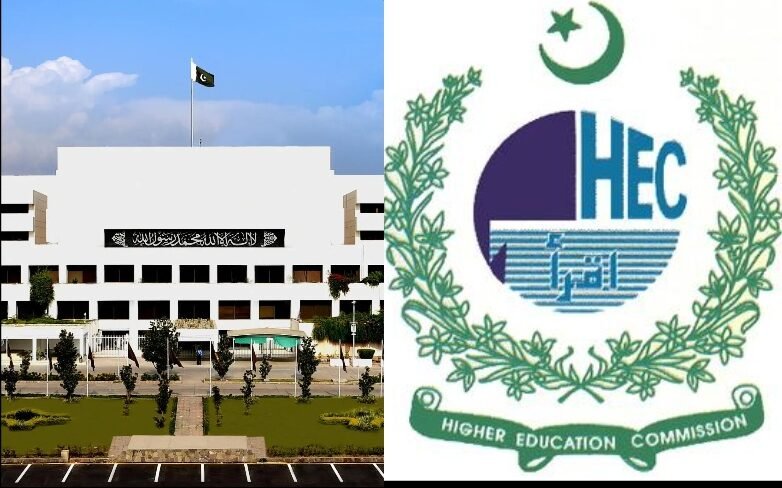Finally the federal national assembly rejects the GST, on the imported solar panels that was imposed in the annual budget for the fiscal year 2025-26, which has criticized by the opposition parties in both the national assembly and senate of Pakistan, that the 18 percent general sales tax on solar panels will rise the prices of a cheap technology then the expansive electric power supply to the masses.
It should be remembered that in recent years the government controlled electric power supply become out of reach of the common peoples, because the last three governments have failed to provide 24/7 power supply to the masses and the power that is providing to them is so expensive for the labored and salaried class that is why they have convert the homes and businesses on the solar panels, as a result their power supply bills have reduced up to 60 percent.
Actually the recent government was trying to capture that solar market by imposing general sales tax on it, but the allied government members of parliament and opposition members raised a voice against it and demanded that, the government should withdraw such kind of tax that will harm the daily budget of the inflation effected citizens.
Therefore due to the pressure of elected members of parliament the National Assembly Standing Committee on Finance on Tuesday unanimously rejected the proposed 18% sales tax on the import of solar panels, while the government also announced the withdrawal of another controversial measure to increase sales tax on hybrid vehicles, reversing both the anti-environment initiatives.
The committee in its meeting, chaired by Pakistan Peoples Party’s (PPP) National Assembly member (MNA) and former finance minister Syed Naveed Qamar, also raised questions on the proposed new bill, the Digital Presence Proceeds Act 2025 but did not announce its judgment.
According to the news reports the rejection of the 18% sales tax on import of solar panels and its parts, as announced by Qamar, is the first such rejection by the committee after it started discussing the Finance Bill. Unlike the Senate, the decisions of the National Assembly or its standing committee are binding in case of the Finance Bill.
The government had estimated Rs20 billion in revenues from the 18% sales tax on the import and supply of photovoltaic cells, whether assembled or not. Since the IMF had not endorsed the proposal, the rejection by the committee will not have any adverse implications for the IMF Programme.
During the committee meeting, Federal Board of Revenue (FBR) Chairman Rashid Langrial argued that sales tax had already been levied on the local assembly of the solar panels; therefore, the rejection of the import stage tax could put the local industry at a disadvantage.
However, he could not give firm figures about the share of the local industry in the total sales but said that a very few percentage was supplied locally. “If the government did not accept our rejection, the National Assembly will veto it,” Qamar said.
Qamar asked the government to find other ways for incentivizing the local industry. Finance Minister Muhammad Aurangzeb said that the era of giving subsidies had ended. On that Qamar reminded him that the government had just announced subsidies in the budget for electric vehicles.
Although the minister finance is not in the positon to withdraw the said tax but the opinion of the members of parliament is valid and so the government must be remove the tax on solar panels to give the masses an opportunity to produce cheaper power supply for themselves, because in the bad economic conditions of the country it is impossible for common peoples to pay the expensive electric bills. It is hoped that prime minister will also take action against such taxes and will announce the withdrawal of the tax from the fiscal budget 2025-26.







 Today's E-Paper
Today's E-Paper